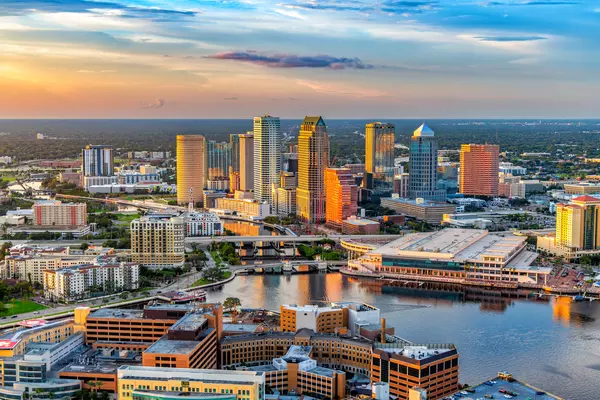MOST RECENT BLOGS
The Pros And Cons of Purchasing A Rural Property

Rural properties are usually associated with the great outdoors, an escape from metropolitan areas where everything is loud and fast-paced. But even if this is the most popular reason why people see rural homes as a perfect investment for retirement, some buyers get attracted to them without doing e
Read MoreGetting A Mortgage After Retirement

It may seem like a nearly impossible task to get a mortgage after retirement, but there are ways you can do it even if you are not employed. If you're planning to apply for a mortgage, here are 5 common questions you might ask that we’ve answered for you: 1. What will lenders consider as my income?
Read MoreHere's What Life Is Like After Paying Off Your Mortgage

How great does a mortgage payoff sound? After making your final payment, there's nothing sweeter than seeing in your account that you are already “PAID IN FULL” after a substantial period of 15 or 30 years. Congratulations! Paying off your mortgage is a huge and remarkable milestone—you now own your
Read More
Categories
Recent Posts











